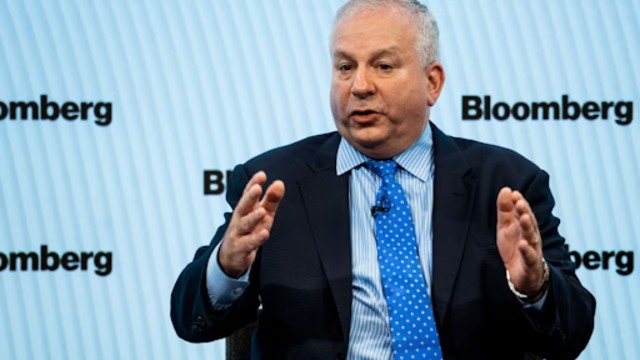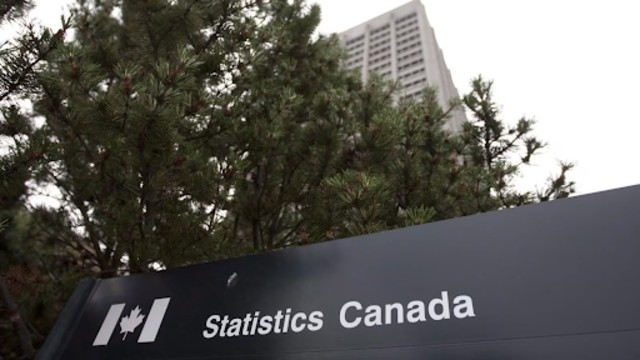
Bank of Canada Governor Tiff Macklem warned in a speech on February 21 in Mississauga, Ontario, that a trade war could lead to higher prices for goods and lower household incomes. (Photo: Peter J. Thompson)
The Canadian economy is unlikely to recover swiftly if a trade war with the United States intensifies, Bank of Canada Governor Tiff Macklem cautioned. Unlike the sharp recession and quick rebound during the pandemic, a prolonged tariff battle would cause lasting damage, he explained in a speech at the Oakville Chamber of Commerce in Mississauga.
Macklem emphasized that if the U.S. imposes widespread and long-term tariffs, Canada won’t see a quick economic bounce-back. The central bank recently projected that a drawn-out trade war could shrink Canada’s GDP by 2.5% in the first year alone.
The warning follows U.S. President Donald Trump’s latest executive order, which threatens a 25% tariff on all Canadian goods and a 10% tariff on Canadian energy. While Canada secured a 30-day pause by agreeing to tighten border security, the looming tariffs still cast a shadow over the nation’s economic outlook.
Tariffs Could Hit Investment and Exports Hard
According to Macklem, if the tariffs take effect, investment in Canada could fall by 12%, and exports might drop by 8.5% within a year. As a result, lower export earnings would hit household incomes, and retaliatory tariffs from Canada could drive up consumer prices.
The Bank of Canada also predicts that household spending could decline by over 2% by mid-2027, while overall economic output might shrink by nearly 3% in two years. Macklem described this economic strain as a “negative structural change,” meaning that it won’t be an issue Canada can simply outlast.
Finding Solutions Amid the Trade War
To counteract these economic pressures, Macklem stressed the importance of productivity improvements. He noted that removing interprovincial trade barriers, streamlining labour accreditation across regions, and improving transportation links within Canada could help mitigate the damage.
Although the Bank of Canada doesn’t dictate economic policy, Macklem pointed out that higher productivity could increase Canada’s potential economic output and support growth without triggering inflation.
Bank of Canada’s Monetary Policy Review
Macklem also touched on the central bank’s ongoing review of its monetary policy framework, which will be updated in 2026. The review process will involve consultations with academics and industry experts to refine how the bank measures inflation and responds to economic shocks.
While past reviews questioned whether Canada’s 2% inflation target was still appropriate, Macklem made it clear that the target has proven effective, particularly during the pandemic. For now, the Bank of Canada will focus on refining how it measures inflation in an increasingly unpredictable global economy.















